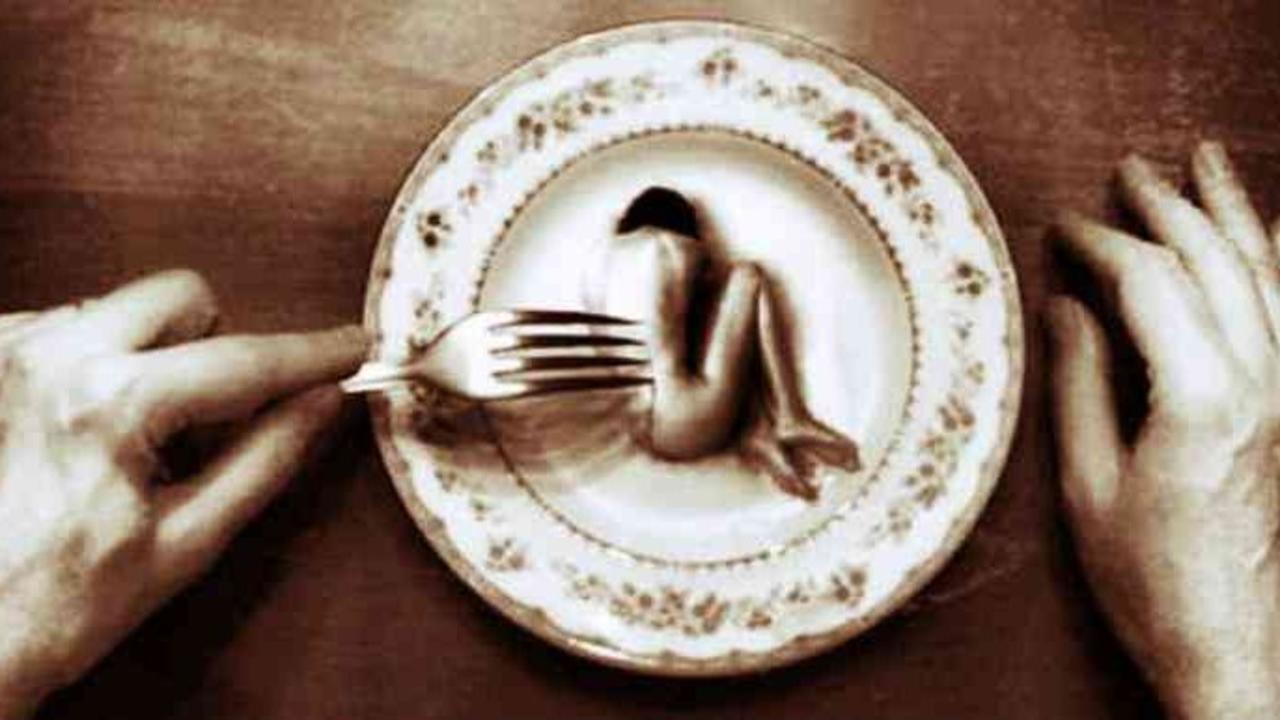7 Signs of Emotional Abuse and Manipulation

The signs and symptoms of physical abuse are obvious and concrete, but the signs of emotional abuse are insidious and hidden to the eye. For this reason, many people underestimate the devastating and lasting effects of emotional abuse. In this article, we will explore the signs of emotional abuse and manipulation, the impact they can have on individuals, and how to protect yourself from these toxic behaviors.
Common Tactics Used in Emotional Abuse and Manipulation
To effectively combat emotional abuse and manipulation, it is crucial to understand the dynamics at play. Emotional abuse is about power and control. Remember, in a healthy relationship, both people have the capacity to respect multiple subjectivities. That means that both people understand that each individual has their own set of feelings, perceptions, needs and desires that are worthy of respect and consideration, and that they are bound to differ. Both people work to respect the subjectivity of one another.
In an abus...
How To Recognize The Signs Of Narcissistic Personality Disorder

“Narcissism” is a term that gets thrown around too often, in my opinion. In popular culture, the term has come to be loosely equated with grandiosity, entitlement, self centeredness and a lack of consideration for others. This is not untrue.
However, this is an oversimplification of narcissism that leads to a lot of people mis-diagnosing friends, co-workers, bosses and mates.
First, let’s talk about the ways that the term narcissism can be used. Perhaps the world’s specialist in narcissism was Dr. Heinz Kohut. His contribution to the field is immeasurable; he described that every human being has a “narcissistic line of development,” and that we need to feel understood to develop a healthy, stable sense of self esteem.
In other words, narcissism is a healthy part of everyone that needs to be in proper balance; problems occur when one’s sense of self is simply unformed (psychotic or borderline personality), fragile (dependent personality or traumatized), shame-filled, and/o...
If You're Having These 6 Thoughts About Your Relationship, It’s Probably An Unhealthy One

Trust yourself.
Your inner monologue is helpful not only in relationship to better understanding yourself; it can also reveal your state of being — I.e., the quality of your present experience — in your relationship.
This state of being can help you discern whether the kind of thoughts you're having may be signs you're involved in an unhealthy, perhaps even toxic, relationship.
Unhealthy relationships are characterized by insecurity, distrust, preoccupation and disconnection....
How To End A Toxic Relationship With Someone You Love

Let’s face it, ending any relationship is difficult. But, if you add toxic elements to one, it becomes even harder. Now this may seem counterintuitive because upon reflection, ending a relationship with someone who is not good for you may seem like a no-brainer, but actually, the surprising reality is that ending a toxic relationship usually involves more mixed feelings and doubts that ending a healthier one.
The reason for this lies in our healthy urge to mend, repair, and make peace with people we are bonded to. In a toxic relationship, this instinct is thwarted.
If two people in a relationship treat each other fairly, they are actually able to come to a reasonable understanding of why they should end a relationship. This conclusion is harder to come by when the relationship is unhealthy.
Why? Because in a toxic relationship, nothing is clear. There is a great deal of manipulation, often involving gaslighting, denial, and disproportionate blame. When these manipulative...
Is Emotional Abuse Considered Domestic Violence?

Absolutely, Emotional abuse is a form of domestic violence. In fact, emotional abuse is the most harmful form of domestic violence that people report experiencing.
There are several risk factors making emotional abuse so harmful. For one, many tend to rationalize or normalize emotional abuse, because you can’t “see the bruise.”
However, there is a very real bruise. Chronic abuse is internalized by the victim as a negative sense of self esteem, which lasts a lifetime, unless treated. Further, many do not get treatment for emotional abuse because the scars are not visual or physical, so they do not know that they have been harmed or need help. A further risk factor is the fact that emotional abuse is often a precursor to physical abuse.
In my 20 years of clinical practice, the form of domestic violence that is most common and most often causes mental health issues is emotional abuse.
Many people do not understand this, because there is not adequate information and educat...
People With These 3 Personality Traits Are The Most Likely To Be High-Functioning Sociopaths

Proceed with serious caution.
We've all had the experience of meeting someone who seems to be "off" somehow, but in a way it's extremely difficult to put a finger on.
Dating and falling in love with a person whose personality traits turn out to be so truly twisted as to raise suspicions that they might have antisocial personality disorder will leave your self-esteem and ability to trust deeply damaged, possibly even causing you to doubt your own perceptions of reality....
Is Your Partner Treating You Like A Piece Of Meat? 5 Ways To Tell

Where is the line between healthy attraction and objectification? Know the warning signs now!
A new study shows that objectification can be linked to sexual coercion in romantic relationships. This is not surprising, for several reasons. More alarmingly, objectification is also statistically linked to sexual violence. This is also not surprising. So how do you tell the difference between objectification and healthy attraction? What are the warning signs that you would want to watch out for in a relationship or when getting to know someone? Obviously we would all like to enjoy healthy attraction and be able to separate it from unhealthy objectification with many risk factors....
Diagnose Your Relationship Anxiety

Diagnose Your Relationship Anxiety
Most people with anxiety are keenly aware that certain relationships can either reduce or drastically increase anxiety, but do you know why? Most people react from their gut, either withdrawing or frantically seeking a relationship; both often spiral into dysfunctional patterns. With some discernment, you can learn to use anxiety as a diagnostic clue to help you navigate relationships, increase healthy connections, and leave dysfunctional ones....

